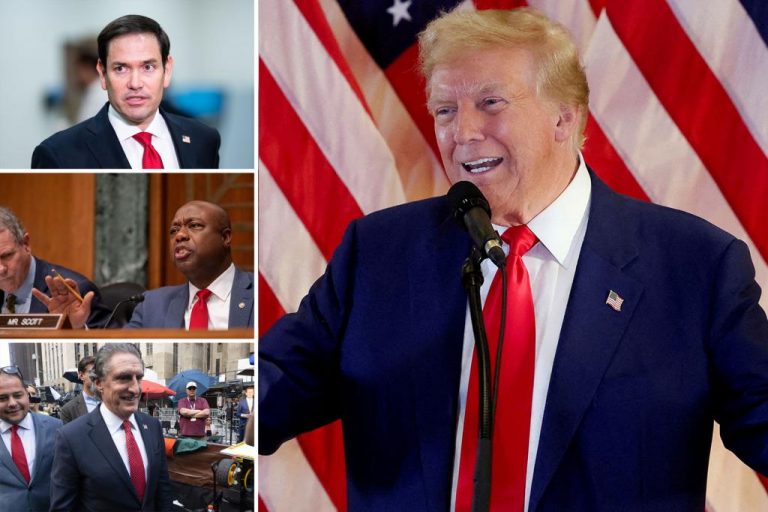Trump and Harris’ plans for Iran, Israel, and Gaza war.
The Israeli-Palestinian conflict has always been a complex and contentious issue, but recent events have brought it to the forefront of global attention. The brutal attacks by Hamas on October 7th, followed by Israel’s response in Gaza, have escalated tensions in the region to new heights. With Iran’s involvement and the deployment of American troops to Israel, the conflict has the potential to spark a wider Middle East war.
As the 2024 presidential election approaches, the stance of the candidates on the Israeli-Palestinian conflict becomes a crucial issue for voters. Vice President Kamala Harris and former President Donald Trump have contrasting views on Israel, Gaza, and Iran, which could significantly impact U.S. policy in the region moving forward.
Where they’re coming from:
Donald Trump’s initial approach to the Israeli-Palestinian conflict was unclear, but over time he aligned himself with pro-Israel policies. He made controversial decisions such as moving the U.S. embassy to Jerusalem and recognizing Israeli sovereignty over the Golan Heights. Trump presented his Peace to Prosperity plan and brokered the Abraham Accords, which normalized relations between Israel and Arab states but alienated Palestinians.
In contrast, Kamala Harris has consistently voiced her support for Israel throughout her political career. She has advocated for a strong U.S.-Israel relationship and co-sponsored resolutions condemning Obama’s policies towards Israel. Harris has also signaled a more moderate approach to the Iran nuclear deal.
What they’ve done in office:
During his presidency, Trump pursued a pro-Israel agenda that favored Israeli interests over Palestinian concerns. His policies, including cutting aid to Palestinian refugees and ignoring settlements as barriers to peace, were seen as detrimental to the prospect of a two-state solution. Trump’s handling of the conflict drew criticism for marginalizing Palestinians and exacerbating tensions in the region.
On the other hand, Harris has maintained a traditional pro-Israel stance while also expressing concerns about civilian casualties in Gaza. She has urged for restraint in Israeli military actions and called for a ceasefire to address the humanitarian crisis in the region.
What they want to do next:
As the 2024 election approaches, Trump’s plans for the Israeli-Palestinian conflict remain unclear. He has criticized Biden’s handling of the conflict and blamed the current administration for the escalating violence. Trump’s Middle East advisers have hinted at annexing the West Bank and opposing a two-state solution.
If elected, Harris is expected to reassess the U.S. approach to the conflict. She has shown willingness to challenge the status quo and advocate for a more balanced policy that considers both Israeli and Palestinian interests. Harris has indicated a willingness to replace key figures in the current administration’s Gaza strategy and prioritize diplomatic solutions over military intervention.
Overall, the differences between Harris and Trump on the Israeli-Palestinian conflict highlight the complex nature of U.S. foreign policy in the Middle East. The upcoming election will be crucial in determining the direction of U.S. involvement in the region and the prospects for peace between Israel and Palestine.








